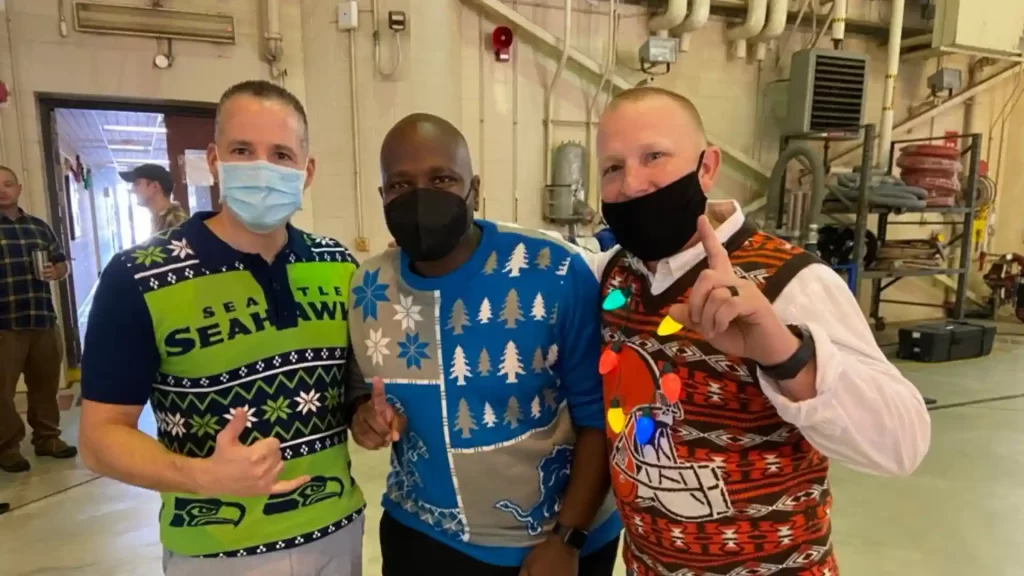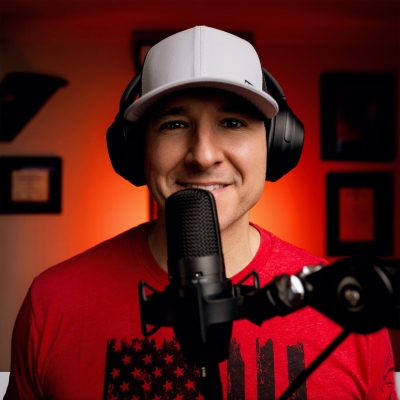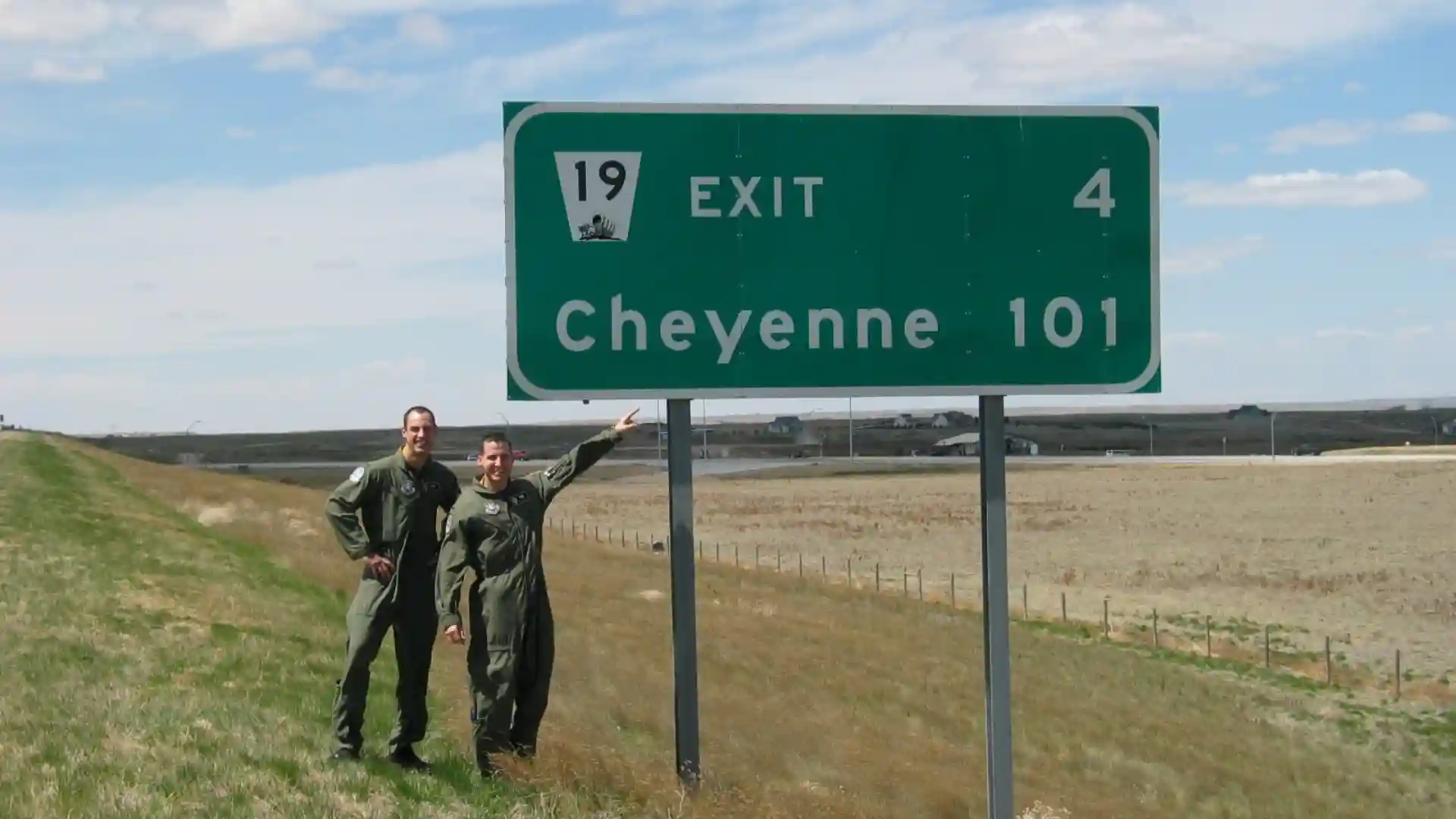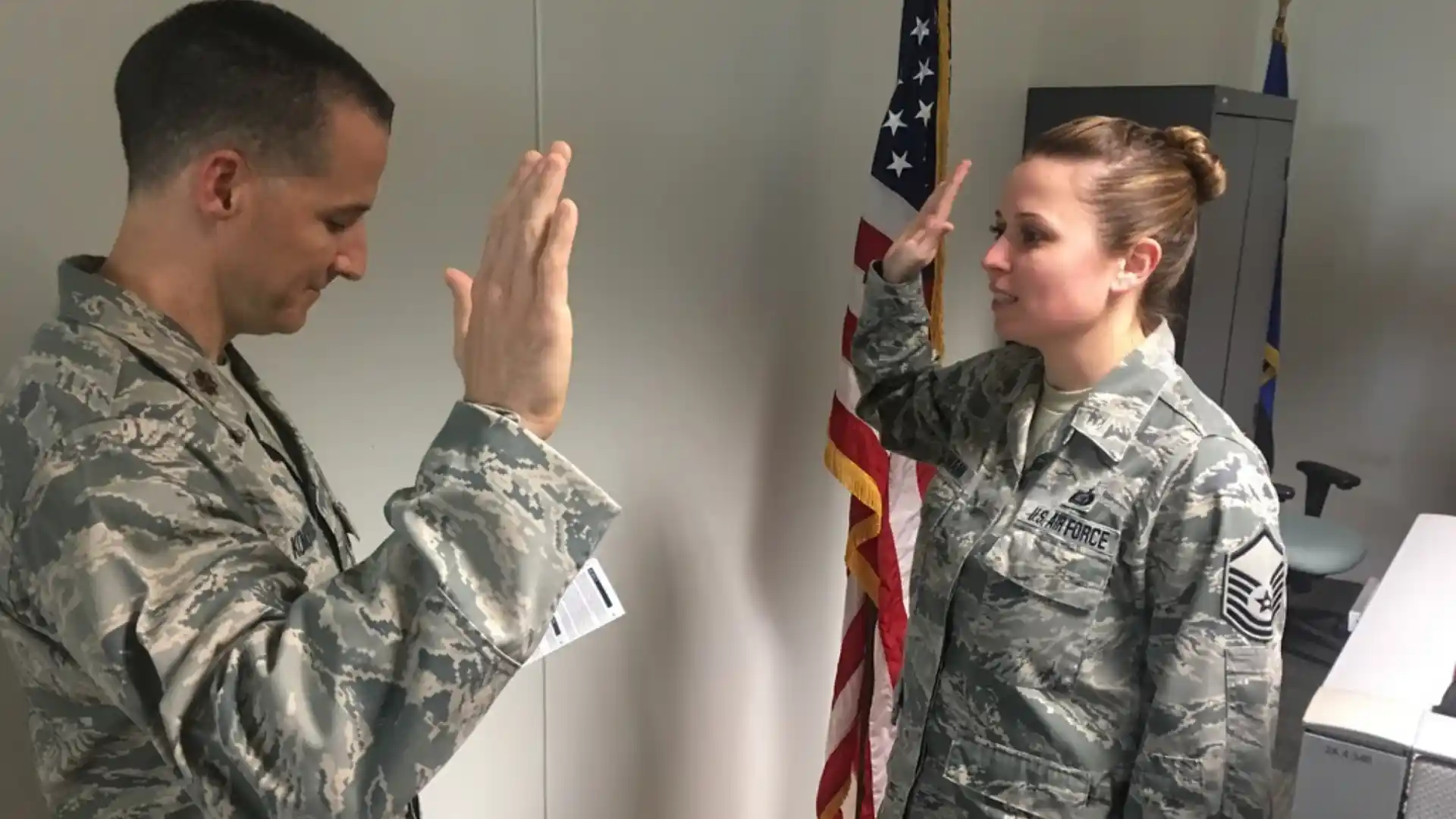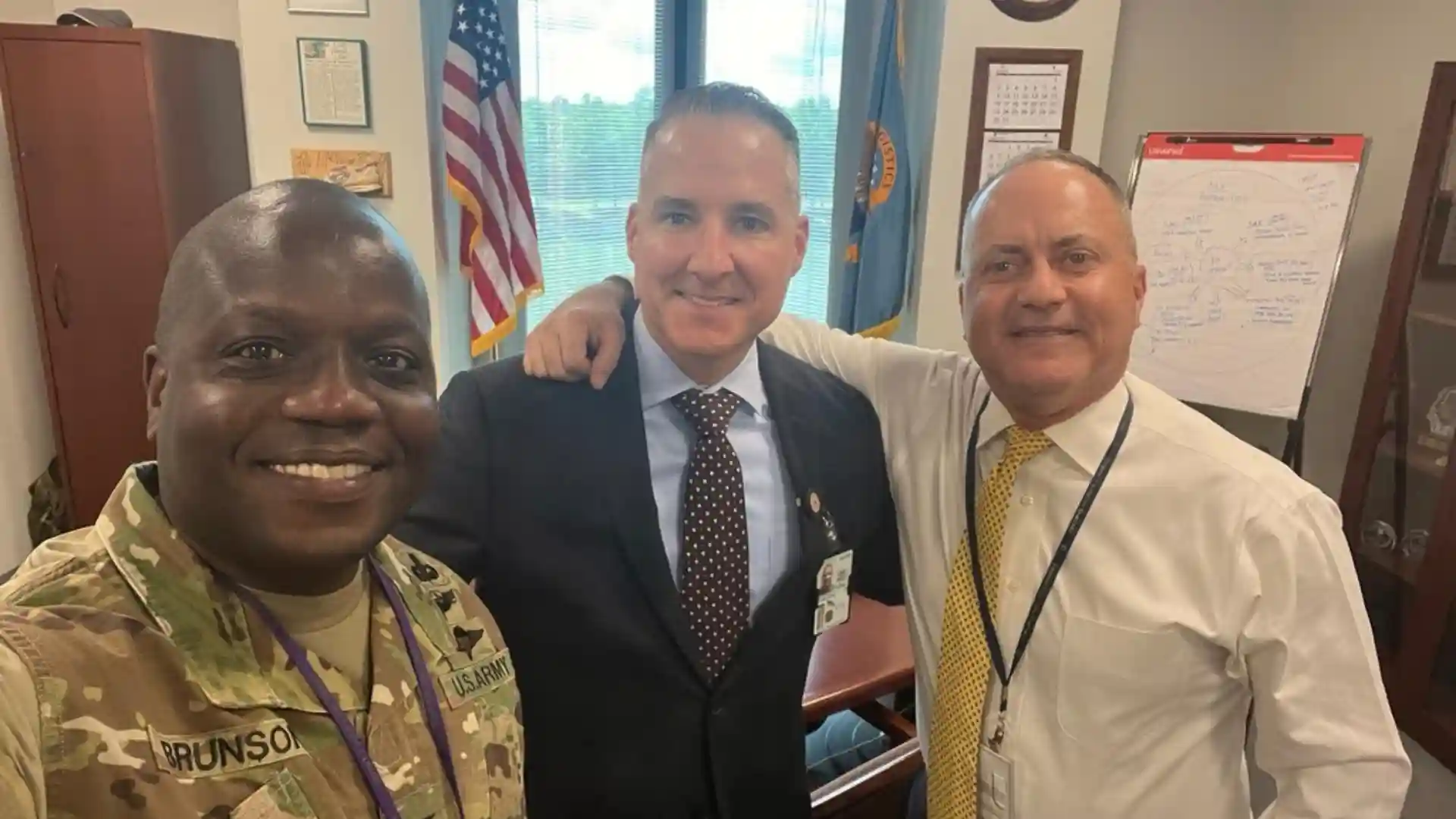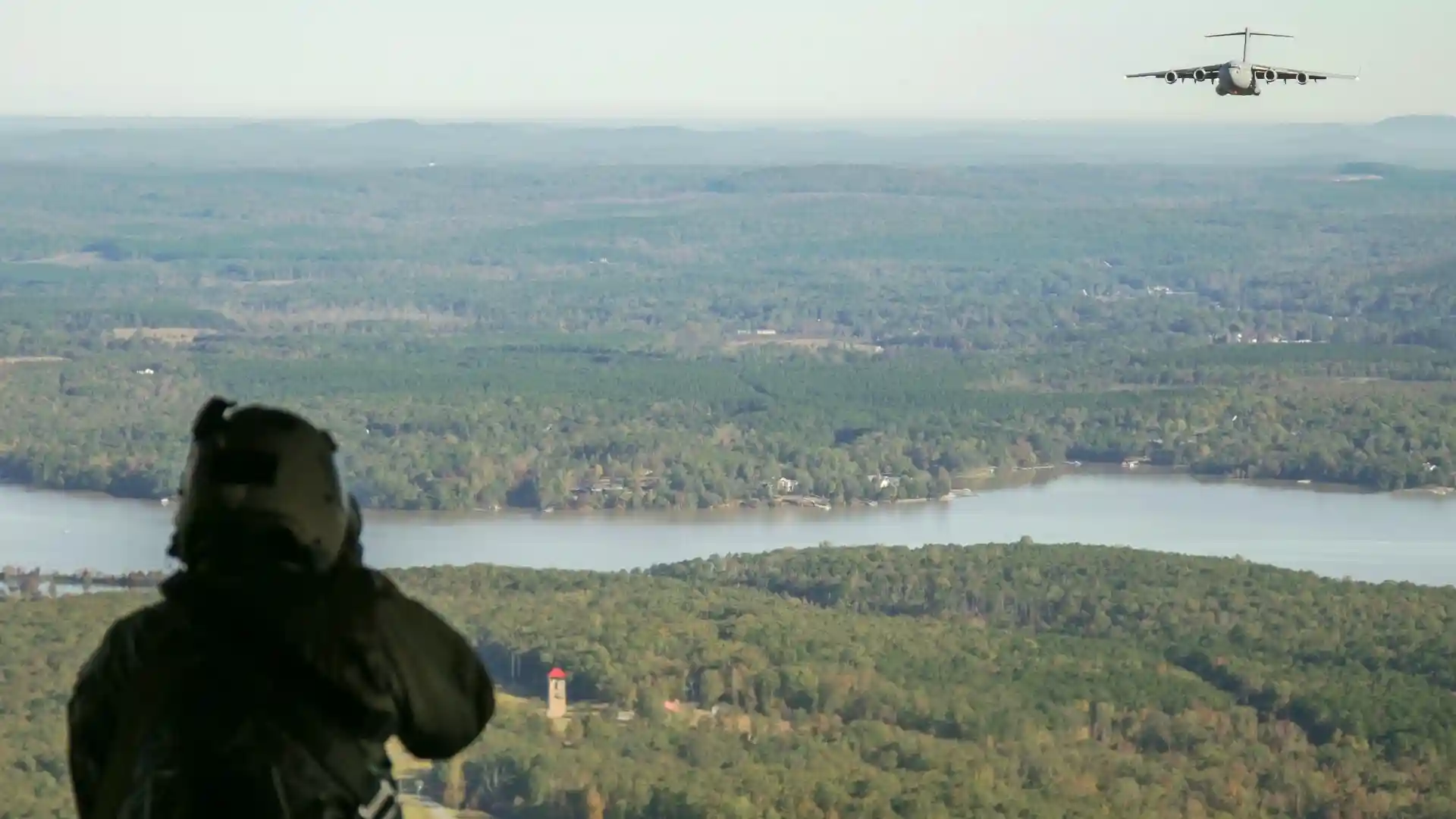For generations, Marine veterans have come home with memories burned into their minds—moments of grit, brotherhood, fear, and sometimes quiet loss. Many of those stories stayed locked away. I’ve seen it up close—my uncle, a former Marine, didn’t speak about his service for years. But now, there’s a shift happening. Through podcasting, veterans are finding a new kind of freedom—not earned through combat, but through connection.
Podcasts give Marines the chance to speak without filters. They open up about boot camp, life in-country, and the strange in-between of returning home. These aren’t just war stories—they’re human stories. And when you hear them, they stick with you.
Table of Contents
ToggleReal Experiences from Marine Combat Veterans
Some of the best veteran-hosted podcasts take you straight into the minds of those who lived it. Marines talk honestly—about the boredom before a mission, the adrenaline of firefights, and the odd comfort of routine in chaos.
I remember one podcast where a Marine recalled fixing a Humvee under the sun, laughing with his team. “It wasn’t the gunfire I remembered most—it was that,” he said. That reminded me of when I helped a vet friend set up his first podcast mic—his nerves reminded me that sharing the story is its own kind of courage.
These aren’t Hollywood stories—they’re real. And platforms like Voice for Valor make sure the focus stays on truth, not theatrics.
How Podcasts Give a Voice to Those Who Served
News clips often miss the heart of it. But podcasts let veterans open up—in their own words, on their own terms. They unpack what service meant, the people they met, and how it changed them.
Lisa, a Marine I heard speak on Voice for Valor, shared her story after years of silence. “I didn’t think it mattered,” she said. “But people cared. They listened.” And that’s what struck me—the healing power of being heard.
Listening to a vet talk through their story isn’t just entertainment—it’s a kind of therapy. And for anyone who’s ever wanted to hear from the source, these shows offer an unfiltered window into their lives.
From Battlefield to Civilian Life
Some of the most powerful episodes aren’t about war—they’re about coming home. Veterans talk about adjusting to the civilian world, where even walking into a store can feel overwhelming.
One Marine said on a recent show, “I was trained to respond to fire, not to answer where I see myself in five years.” That line hit me hard. I remember a close friend—also a vet—who called me after his first interview. He said he felt more scared in a suit than in camo.
These moments connect with all of us—because change is hard, no matter where you’re coming from. And when veterans open up about that struggle, we all learn something.
Healing Through Storytelling and Shared Experience
Stories aren’t just for remembering—they’re for healing. When Marines talk, something shifts. The silence breaks. The weight lifts.
After one episode, a listener shared, “I thought I was the only one who felt like this. But now I know I’m not.” That’s the magic of storytelling—it links one heart to another.
I’ve seen families sit and listen to these podcasts together. Some told me afterward, “I finally understood him.” That’s powerful. That’s why these stories matter—not just for the veterans, but for everyone who loves them.
A Safe Space to Be Heard
What makes podcasting special for veterans is control. They choose what to say, how to say it, and when to pause. There’s no pressure to be perfect—just real. A Marine who served in Fallujah said, “I didn’t think anyone would listen to my episode. But knowing someone did—it helped more than I expected.” That stuck with me. Because when someone opens up, and we’re there to listen, we’re doing more than hearing—we’re holding space. And that matters.
If you’re looking for real voices with real stories, Voice for Valor is where you’ll find them.
Inspiring the Next Generation of Listeners
These stories aren’t stuck in the past—they light the way forward. New recruits listen to learn what service really means. Families tune in to understand what their loved ones carry. Civilians hear the weight behind a salute.
I once met a college student who said a podcast helped her rethink how she handles pressure. That’s the ripple effect of these voices.
Some episodes lead to action—donations, thank-you notes, even policy shifts. That’s the power of lived experience, told well.
You never know what story will shift your view. But when it happens, it sticks. Voice for Valor is more than a podcast—it’s a path.
Conclusion
When Marines share their stories, they’re not looking for applause. They’re building bridges—between pain and peace, service and healing. These voices aren’t polished—they’re powerful. Podcasting isn’t just media—it’s mission continuation. It’s how they still serve. It’s how we learn. So maybe the next step isn’t reading another article. Maybe it’s listening. And maybe, just maybe, it’ll change something in you—like it did in me.
If you’re ready, Voice for Valor is waiting—with stories that stay with you.

